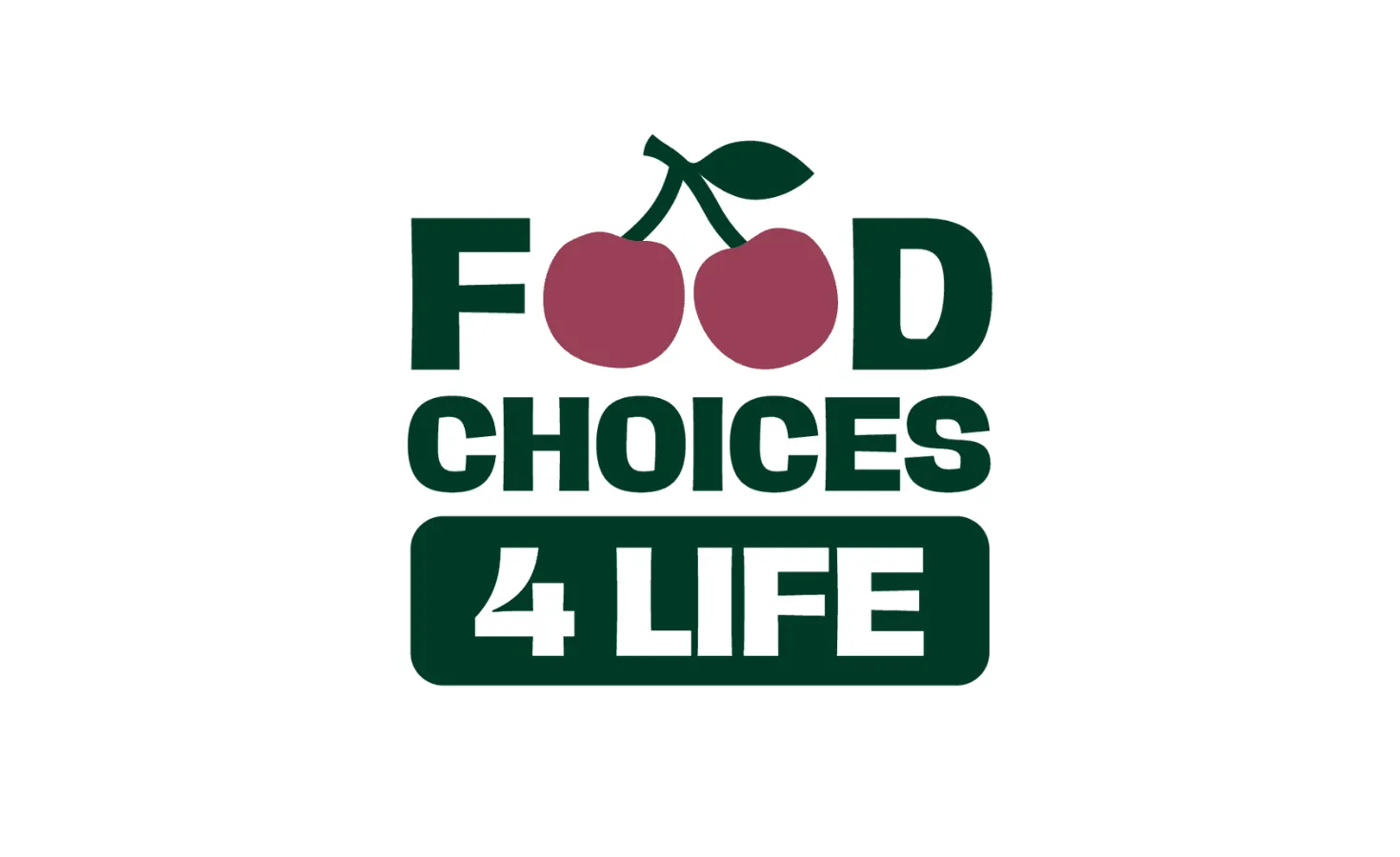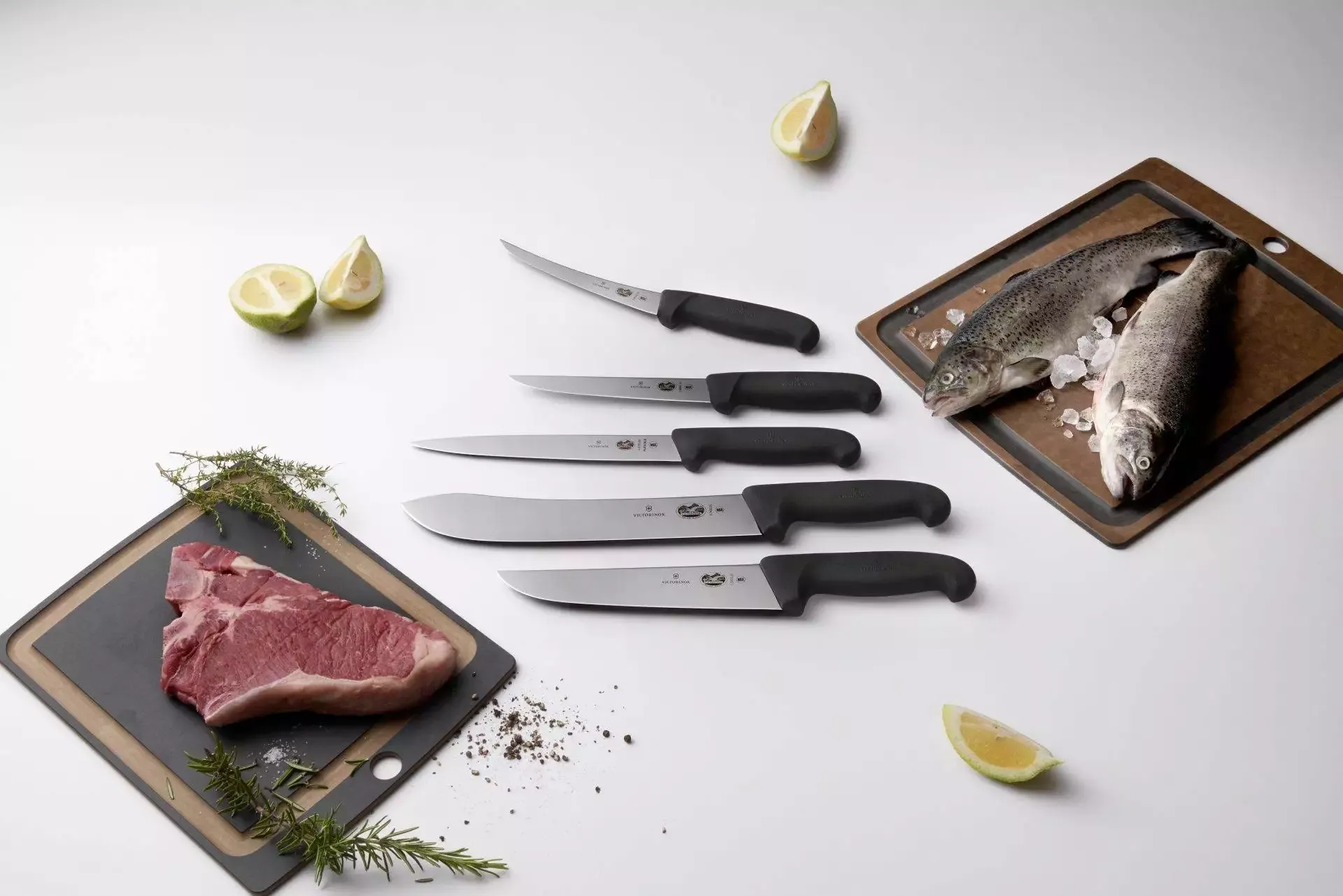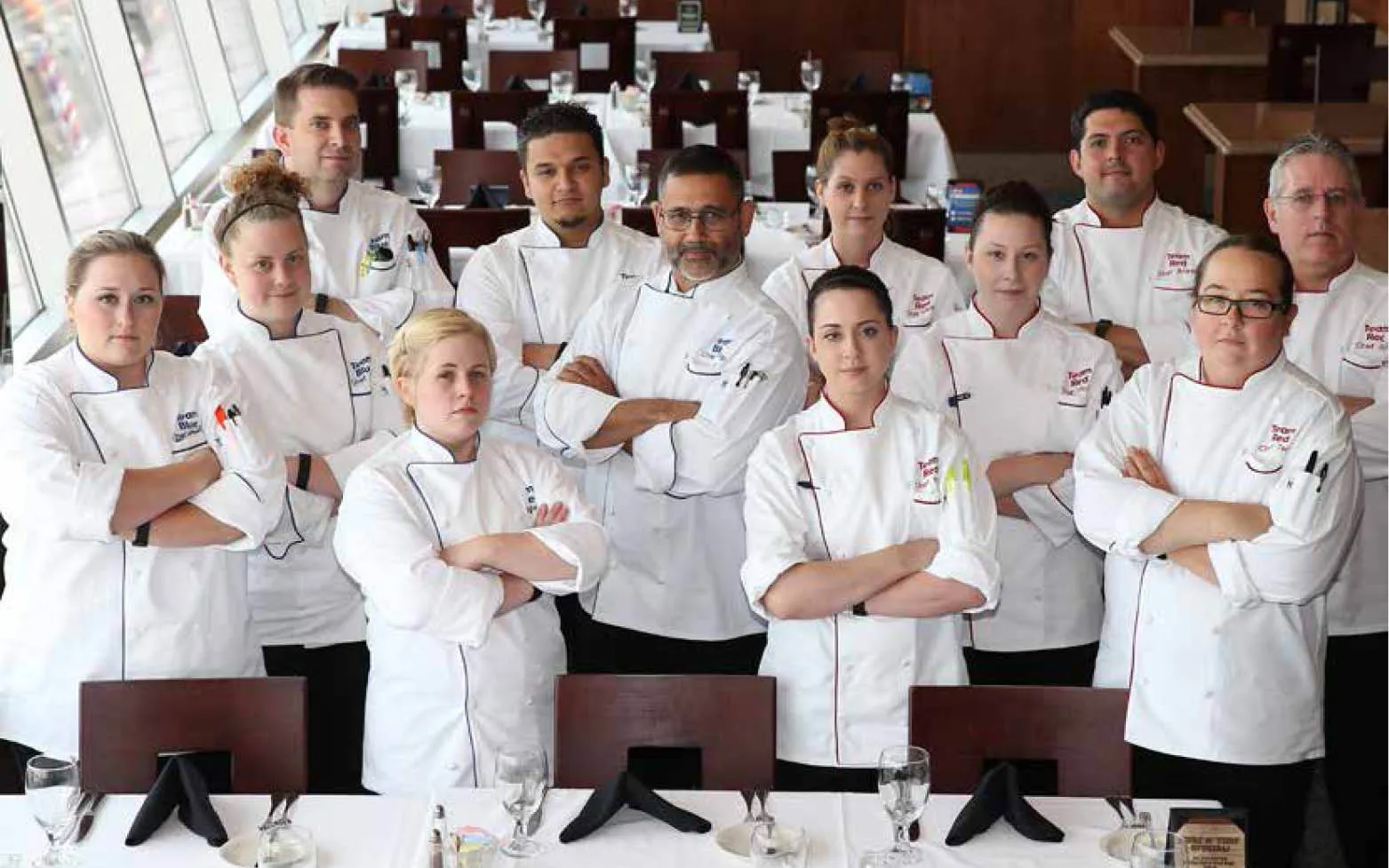Before the arrival of European explorers, the staple diet in Nigeria consisted of rice, millet and lentils. Between the 15th and 17th centuries, merchants traveling frequently between West Africa and America enriched this diet with beans, cassava, corn, pepper, cinnamon and nutmeg.
Due to the British presence, Nigerians also adopted a porridge recipe that they eventually adapted into a very spicy dish made with vegetables as well as meat! On this note, we should point out that Nigerian cuisine is recognized for its predominance of spices. One such example is egusi, a beef stew with red chili peppers, or isi-ewu, a goat soup flavored with pepper, Utazi leaves and nutmeg.
Other extremely popular dishes found throughout the country include jollof rice (simmered with tomatoes, chili peppers, spices, meat and vegetables), efo (vegetable soup), ukwaka (multigrain cake with plantain), dodo (fried plantain), moin-moin (cake made with dried beans, fish and eggs) and ivan(mashed yams). In addition, the Niger River is an excellent source of fish (carp, Nile perch and catfish), which is cooked in pastry crust or used in soups (ikokore, made with various types of fish and sweet potatoes).
The river also supplies the water essential for agriculture in Nigeria, a country that cultivates prized fruits such as oranges, melons, grapefruits, limes, mangos, bananas and pineapples. As for desserts,chinchin (a beignet made from butter, flour, sugar, yeast and fried eggs) and puf puf (brioche pastry fried in peanut oil) are especially popular. Finally, palm wine is one of Nigeria’s traditional drinks, whereas zobo, a drink made with hibiscus flowers, is sure to quench your thirst.
Although Nigerian food remains rather simple, it’s worth noting that the 250 ethnic groups that make up the country (the main groups being the Hausa, Yoruba, Igbo/Ibo, Fulani and Ibibio) spice it up with flavorful diversity!
Accordingly, the Hausa and Fulanis in the north (for the most part Muslims) cook beans, sorghum (a type of cereal), brown rice as well as meat (chicken, beef, fish and lamb), which is served as suya(kebabs), all enjoyed while drinking tea. The Igbo/Ibo and Ibibio in the southeast nourish themselves with gari dumplings (cassava flour), pumpkins and yams, which substitute for potatoes and are an important part of the Nigerian diet. Finally, in the southwest, the Yoruba are also particularly fond of extremely spicy cuisine (palm kernel soup made with meat, chili peppers, tomatoes, onions, and palm kernels).






